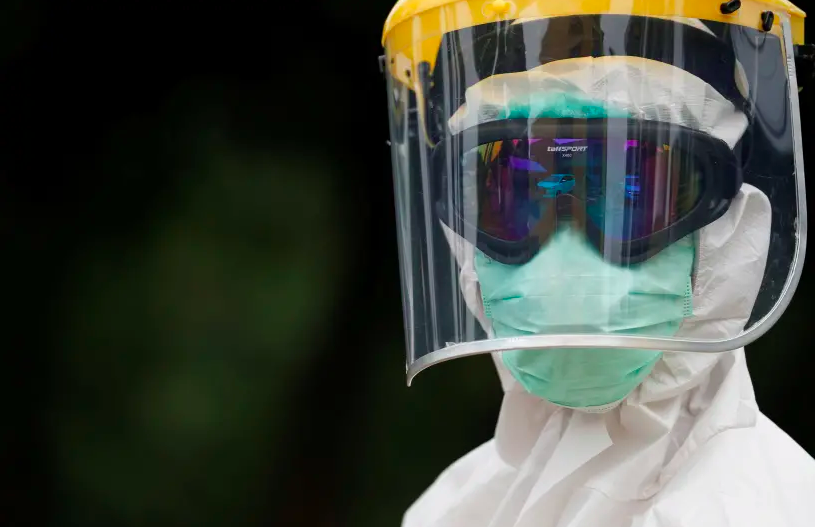
A joint project by the Jewish Agency for Israel, the Weizmann Institute of Science and healthcare provider Clalit has been to teach the best practices in the fight against coronavirus to Jewish and non-Jewish organizations, communities and medical staffs abroad.
As the peak of the outbreak seems to have come and gone in most of the Western world, the general opinion is that Israel stood the test well. Specifically, the number of deaths was minimized compared to many other countries: as reported by the AFP, with 284 patients who succumbed to COVID-19, the Israel has registered a number of victims equivalent to 31 per million inhabitants, compared with around 310 deaths per million (10 times as many) in the US, about 560 in the UK and 427 in France.
“We are reaching out to communities, Jewish and non-Jewish groups and any relevant actor to share with them the strategies that have worked very well in Israel,” Amos Hermon, CEO of Israel Experience, the educational branch of the Jewish Agency, told The Jerusalem Post.
Hermon explained that since the end of February, the three organizations that have been promoting the initiative have been cooperating to organize two or three weekly online meetings open to Jewish leaders, rabbis, doctors and heads of organizations, with the intent of providing them the expertise developed by Israeli medical systems and professionals.
“The Jewish Agency’s representatives are in the field in so many countries around the world and have many contacts. We have worked with Jewish communities in France, Brazil, South Africa, Chile and more. They ask Israeli experts medical questions, but also about issues related to how the reopening of synagogues or schools has worked here in Israel,” he explained.
“It is important for us to emphasize that this project is open to all those who are interested in joining, regardless of religion, nationality or any other consideration. We are glad to share our knowledge with everyone,” Hermon added.
One of the fundamental protocols that the experts are sharing as widely as possible is the necessity to keep the coronavirus patients monitored from a very early stage.
As explained to the Post by Vered Gilad, an Israeli cardiologist who works at the San Martino hospital in Genoa, Italy, one of the strategies that they are suggesting is implementing a system to measure the patients’ oxygen level, which is one of the most significant metrics determining the necessity of receiving medical treatment.
“We are encouraging communities to identify the patients among their members and to set a small team of medical staff to monitor their oxygen level through a device called an oximeter, and to follow up with them twice a day to see how the situation progresses,” she said.
Pulse oximeters are small devices that are placed on the finger tip to detect the oxygen’s saturation in the blood.
Gilad has been living in Genoa since 2010 but assumed her position at San Martino only in January. Due to the necessities of the outbreak, she started working on coronavirus patients almost immediately.
Since the pandemic hit Italy earlier than Israel, the doctor was able to share many insights with her Israeli colleagues. She soon got involved in the initiative to offer expertise to communities and organizations in need.
“I think that now it is very clear that early detection of symptoms and monitoring of the patients in the early stage of the disease makes a big difference. We built a program to do so that is very simple and can be implemented easily,” she said.
The project is ongoing, with the last virtual meeting taking place right before the Jewish festival of Shavuot that started last Thursday night, with more meetings organized for the upcoming week.
“Monitoring patients with an oximeter is so simple that I almost feel frustrated that there are many places in the world where this is not happening,” Weizmann senior scientist Boaz Katz told the Post. “In Israel, every single patient has one. This is why this project is so important: to explain how something that takes so little can save so many lives.”
